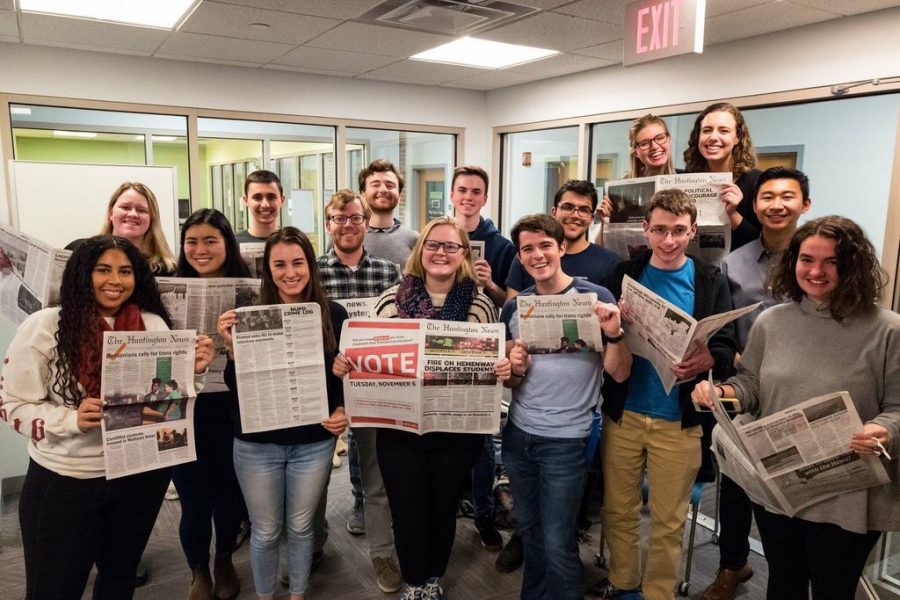“District hires new principal,” the headline read. But the kicker was the subhead: “Background called into question after discrepancies arise.”
This was the front page of The Booster Redux, a high school newspaper in Pittsburgh, Kansas, last Friday. On Tuesday, the new principal, Amy Robertson, officially resigned from her position.
The students had originally set out to write a profile of Robertson. When they began investigating her credentials, however, they began to notice irregularities. Corllins University, where Robertson said she earned her master’s degree and Ph.D., has no physical address on its website and has been the target of consumer complaints and warnings about its lack of accreditation. Her LinkedIn profile did not identify where she earned her graduate degrees.
According to Emily Smith, the students’ adviser, Robertson became evasive when the students started asking her more direct questions. Smith and the young journalists expressed concerns to the school board, which (some might say miraculously) supported them in their continued reporting.
“I believe strongly in our kids questioning things and not believing things just because an adult told them,” school superintendent Destry Brown told The New York Times. “I have a little bit of heartburn over the whole article. I wasn’t going to stop that because I believe in that whole First Amendment thing.”
The Pittsburgh High School students’ article is a classic example of good reporting, the kind that fulfills journalists’ status as watchdogs and journalism as the Fourth Estate. The young reporters investigated facts that didn’t quite check out, held their academic institution to account and effected tangible, immediate change. This accomplishment should not be undermined by their status as teenagers.
Last weekend, seven staff members of The Huntington News attended the Christopher J. Georges Conference on College Journalism at Harvard University. Highly informative sessions led by industry leaders gave us insight into the importance of student journalism.
At any news outlet, particularly one like ours that publishes at least weekly, it is easy to fall into certain traps. The pressure of putting out a newspaper, no matter what is going on in our personal, academic or professional lives, is grueling. Cranking out stories, let alone maintaining an overall editorial vision and running a nonprofit business, is a gargantuan effort. The daily grind becomes all-consuming sometimes.
While we wish to avoid sounding self-important, it is difficult to overstate the degree to which journalists hustle. At the Georges Conference, keynote speaker Maggie Haberman, White House correspondent for The New York Times, was quite literally working from her podium. She would pause to say, “Hold on, I’m getting a text from my newsroom.” When one student asked her what her day-to-day looks like from start to finish, she responded, “Does the day finish?”
The investigative work done by students at Pittsburgh High School shows that a drive like Haberman’s—the drive to report the news—exists at all levels. It exists here at The News, and it exists at Boston College’s The Heights, Harvard’s Crimson, Florida A&M University’s FAMUAN, Boston University’s The Daily Free Press and all the other college newspapers we had the opportunity to confer with.
Thank you, readers, for sticking with The Huntington News. We’re proud of what we’ve been able to do, from covering on-campus activism to publishing feature-length profiles of local artists. Of course, we’re going to keep doing it, and we’re going to continuously improve ourselves. If you’d like to help us in this mission, please share our stories, donate to our fundraising campaign and consider joining our staff.
High school and collegiate news outlets provide the training ground for a fundamental democratic institution. We require constant support and defense in order to exist.













